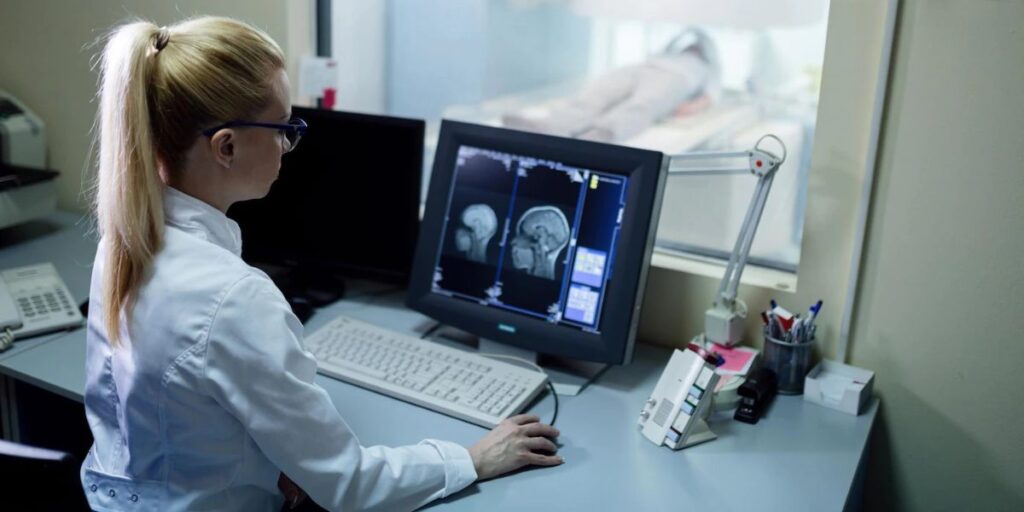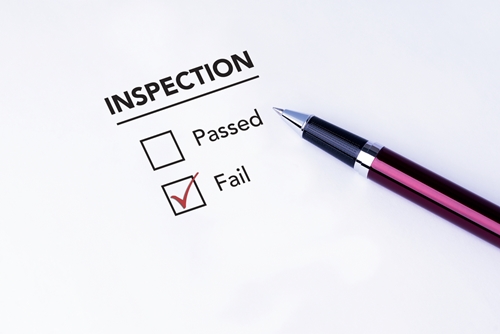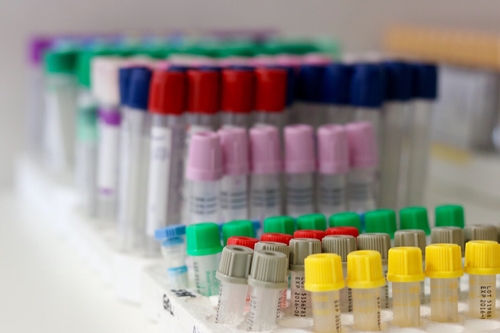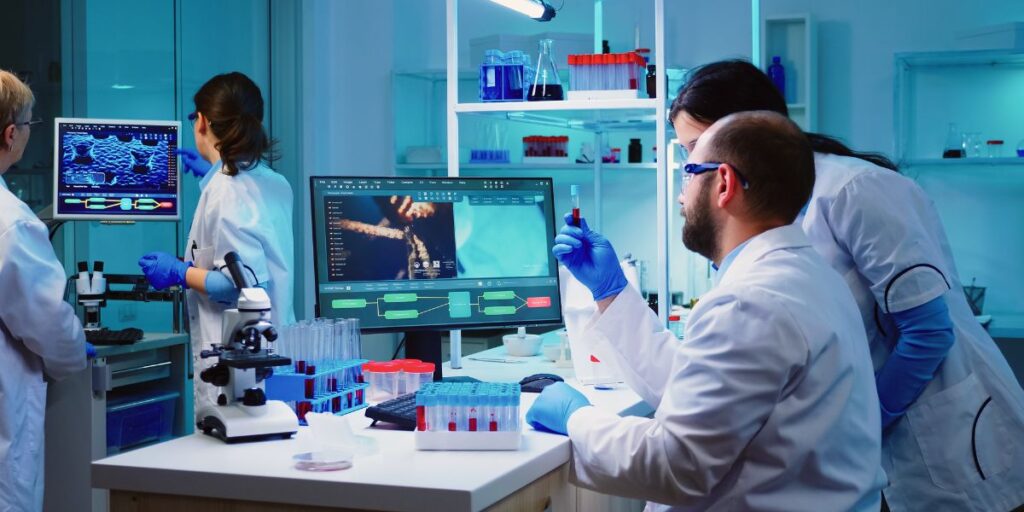Posts by cbadmin
How LIS Helps Health Care Organizations Achieve the ‘Triple Aim’
Healthcare providers are focusing their efforts toward achieving the “Triple Aim” of improving health across the population, creating a positive experience for those seeking health care and reducing the cost per capita of providing this care. While certainly no easy task, health care IT, such as laboratory information system, can provide the route to reaching these aims.…
Read MoreWhat to Consider When Updating Legacy Health Care Systems
Spurred by the need to address new healthcare requirements such as ICD-10 or digital imaging compliance, many health care organizations are upgrading their legacy systems. Although many clinics and health care organizations are upgrading their legacy systems to EHRs, too often they’re overlooking the adjacent systems, such as picture archiving and communication systems, that create…
Read MoreImproving the Integrity of Lab Reports with LIS
All the work performed in a lab concludes in one key product: the laboratory report. Physicians rely on the data contained in these results to make accurate patient diagnoses. However, the complex world of the clinical laboratory, where hundreds of different tests arrive daily, creates an environment that can make it difficult to maintain lab report integrity.…
Read MoreSoftware End Of Life
Ever wonder if “software end of life” mean your software and systems just die on a specific date? They don’t actually ‘die’, but the manufacturer no longer supports that particular version. That means no fixes or enhancements and, frequently, no further support to answer questions. People will sometimes think “Well, if it’s still running fine…
Read MoreWhat are the Benefits of an LIS?
Too often, decision-makers at clinical labs become entrenched in the status quo. Sometimes this means failing to upgrade their labs with the latest technology. Unfortunately, relying on outdated legacy software to handle important lab functions leads to inefficient workflows, slower turn-around times and lower volume and capacity. Using a laboratory information system (LIS) lets labs conduct more…
Read MoreHow Automation Increases Medical Lab Efficiency [Video]
Manually entering data from lab results is an inefficient process, yet many medical labs still rely on this outdated method. https://aspyra.comwp-content/uploads/2019/10/video1-3-1-1.mp4 Unfortunately, manual processes have a substantially higher chance of leading to human errors. These mistakes lead to rework, lower productivity and can be a detriment to patient health. Lab automation reduces staff time per…
Read MoreHow an LIS Can Prepare Clinical Labs for CLIA Compliance
The federal government regulates laboratories under the Clinical Laboratory Improvement Act statutes to ensure lab staff performs quality testing. To ensure compliance with these regulations, federal agencies conduct regular, unannounced, on-site inspections of laboratory facilities. A laboratory information system provides these facilities the ability to create a culture of continuous quality and record-keeping to maintain…
Read MoreHow the Right PACS Solutions Can Speed Up Health Care IT Implementation
With federal mandates requiring electronic health record systems and other IT adoption across the health care industry, the majority of health care organizations are either in the process of implementing new software or preparing to do so. Despite uncertainty regarding health care IT legislation in the coming months, a digital solution provides increased efficiency and…
Read MoreHow LIS Can Optimize Laboratory Workflows [Infographic]
Check out our infographic on how the right Laboratory Information System can improve your workflows:
Read MoreBoosting Medical Imaging Workflows [Video]
When hanging protocols are not automated, medical images can end up in an order that doesn’t make sense to the person reading them. This will bog down the reading and diagnosis processes in a radiology center. https://aspyra.comwp-content/uploads/2019/10/video1-3-1-1.mp4 Without the right medical imaging technology, these inefficiencies will cause disruptions in the workflow and the potential…
Read More









